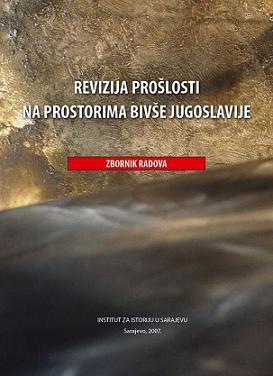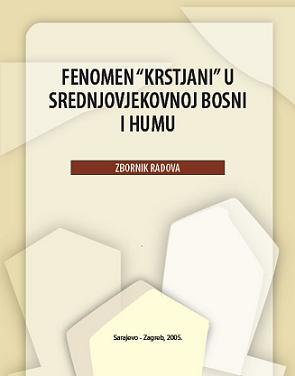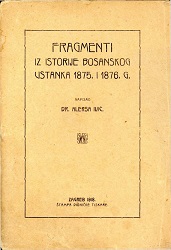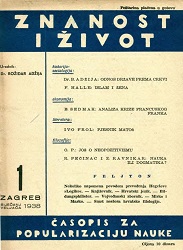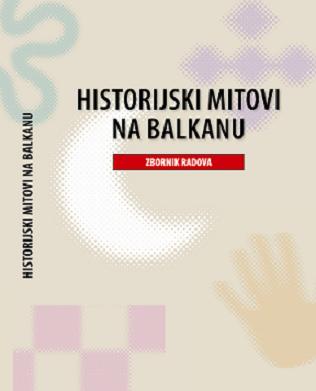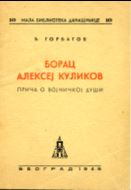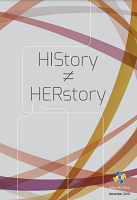Author(s): Lejla Gačanica,Mira Vilušić,Hazima Pecirep,Nura Begović,Alisa Teletović,Tamara Cvetković / Language(s): Bosnian
Jedna od najpoznatijih fotografija iz nedavne bosansko-hercegovačke historije prikazuje tri ozbiljna muškarca kako službeno potpisuju dokument. Muškarci su zapravo predsjednici Savezne Republike Jugoslavije, Hrvatske i Republike Bosne i Hercegovine, dokument je Dejtonski mirovni sporazum, a službeno je ovime počeo period života u Bosni i Hercegovini nakon oružanog sukoba. Ova fotografija vjerno odražava BiH mirovnu hi stor i ju: niti na va žnoj fotogr afij i, prepoznatljivoj u cijelom svijetu, niti u pisanom obliku, nigdje u udžbenicima i zabilježenoj historiji nema NJENE mirovne priče niti NJENOG mirovnog aktivizma. HERstory jeste različita od historije koju pišu, bilježe, biraju muškarci. No, NJENA priča se desila i dešava se i dalje: ova publikacija bilježi lične priče snažnih, neustrašivih žena Bosne i Hercegovine, one priče koje jesu doprinijele i dalje doprinose izgradnji mira. U vrijeme kada se život u Bosni i Hercegovini sastojao od muškog rata, muških pregovora i muškog mira, žene su ostale nezabilježene. Njihovo pominjanje se uglavnom sastoji od brojanja žrtava silovanja, mučenja, progona, njihova uloga je svedena na kategoriju „starih i nemoćnih“, one su tretirane kao sredstvo rata, istog onog rata kojeg su vodili muškarci. Istina je drugačija. Naravno da žene jesu bile žrtve u ratu, ali ne samo žrtve. Njihovi napori u svakodnevnom ratnom životu da održe zrnca mira, od koji su pravile sve veća mirovna polja, iako ih u formalnim pregovorima nije bilo, uticala su na uspostavu onoga što su u Dejtonu nazvali „mirom“ a što je sasvim drugačije u životima bh žena. Vide li žene zapravo mir drugačije? Da li su namjerno izostavljene iz formalnih procesa, zvaničnih historija, ili se njihovi doprinosi uopšte ne vide i/ili ne cijene? I, zašto?
More...
